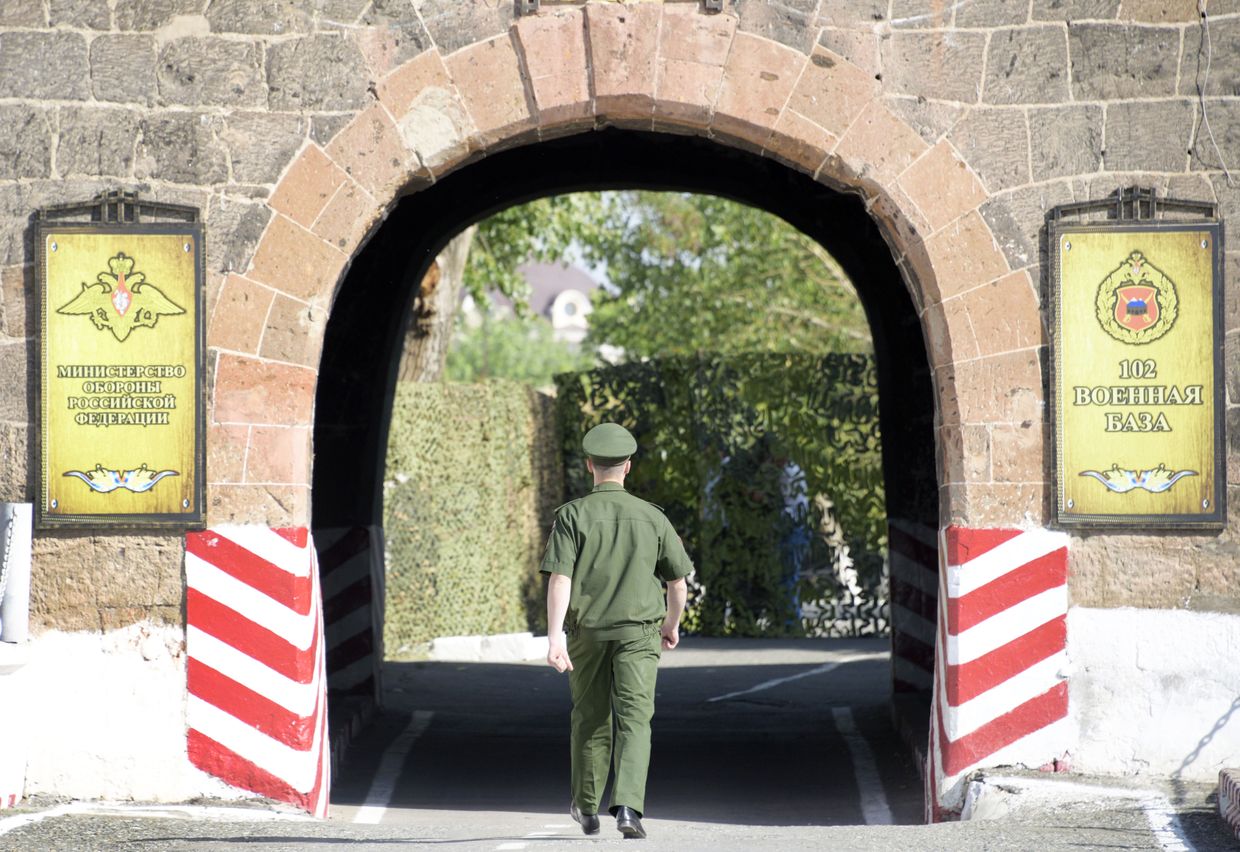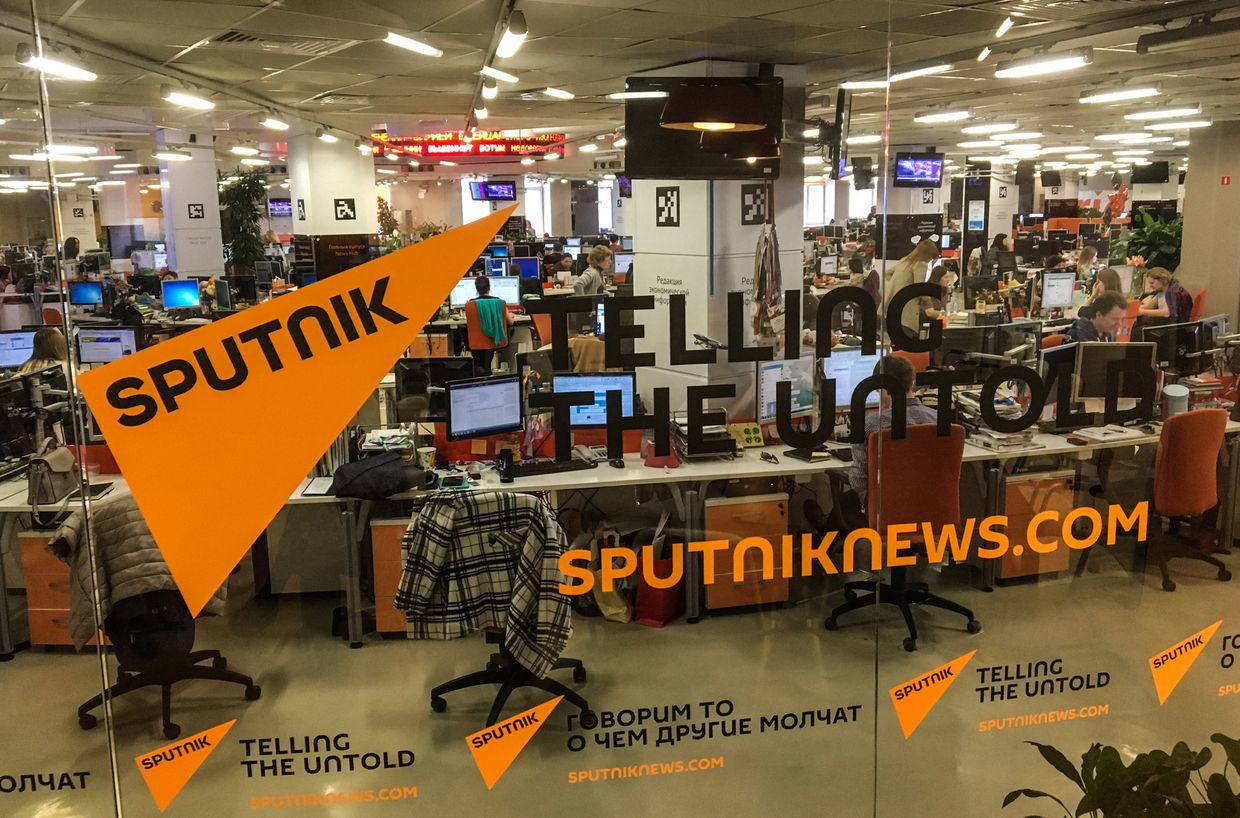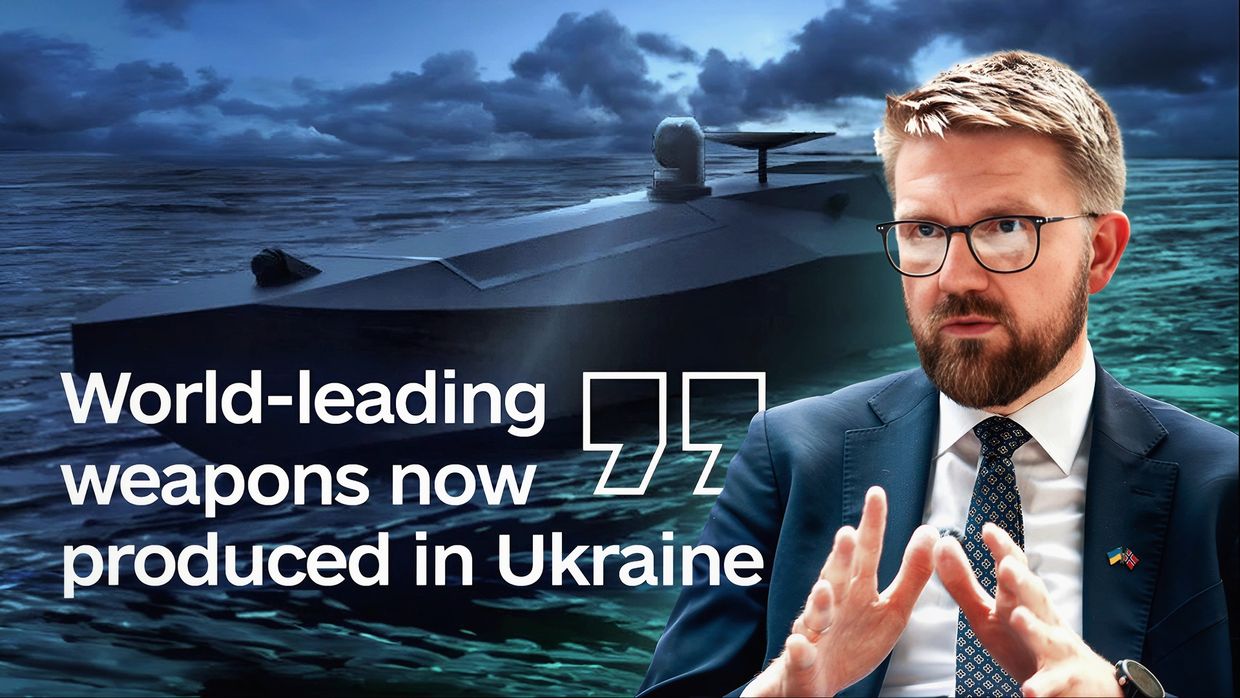Frontline report: Ukraine teaches Georgia battle-tested drone warfare during NATO exercises after both lost territories to Russia
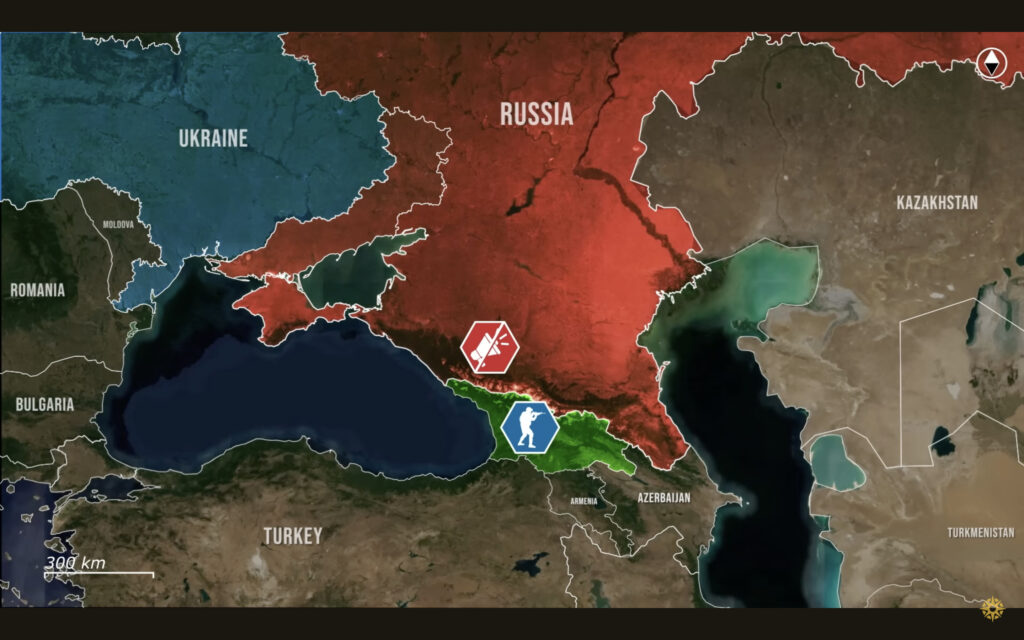
Today, the biggest news comes from the Caucasus.
Here, as Georgia flexes its muscles by hosting large-scale NATO military exercises, it no longer hides its desire to be rid of Russian influence. The participation of Ukrainian troops, battle-hardened and equipped with extensive drone warfare experience, has only heightened Russian anxieties, suggesting a rising threat that could challenge Moscow from the south.
The NATO military exercise Agile Spirit 2025, recently commenced in Türkiye and Georgia, strengthens ties and coordination between NATO and non-NATO forces in the southern Caucasus. The NATO force includes soldiers from 12 NATO countries, as well as Georgia, Moldova, and notably Ukraine as non-NATO participants, with Armenia and Japan serving as observers.
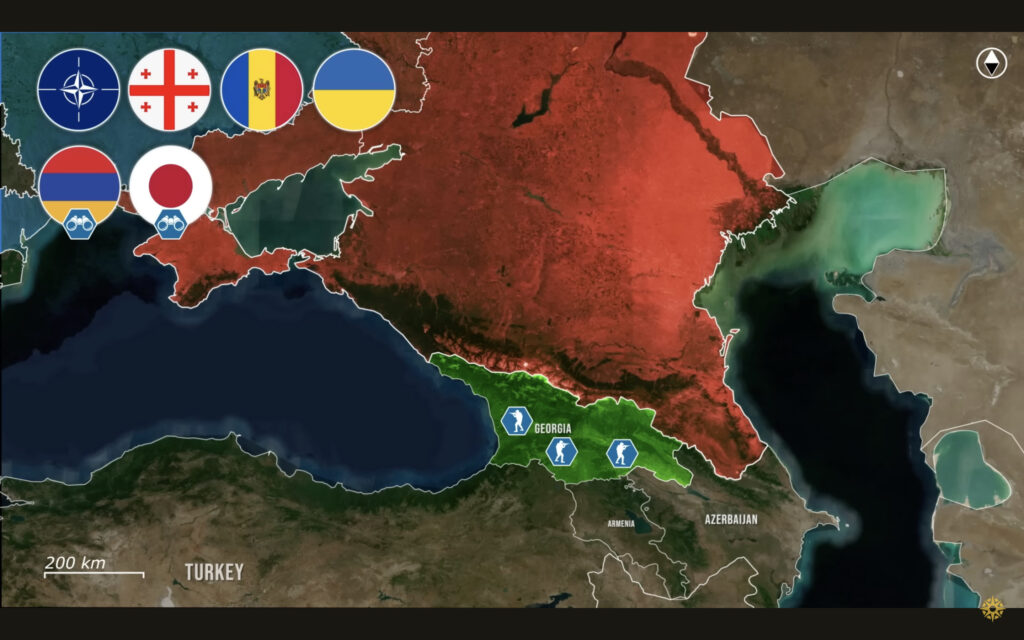
Agile Spirit comprises command and staff training, field exercises, live-fire demonstrations, and the exchange of knowledge and experience between participants. The exercise focuses on enhancing interoperability between NATO forces and Western-aligned non-NATO countries, to increase coordination and combat capabilities in the event of Russian military actions in the South Caucasus and possible NATO intervention.
Georgia’s desire to host these exercises does not come out of nowhere; notably, Russia conducted similar tactics to keep Georgia within its sphere as it did with Ukraine. Russia sponsors the separatist breakaway regions of Abkhazia and South Ossetia with funding, soldiers, and weapons, to keep Georgia from moving to the West; akin to the Donetsk separatist movements in 2014 in Ukraine.
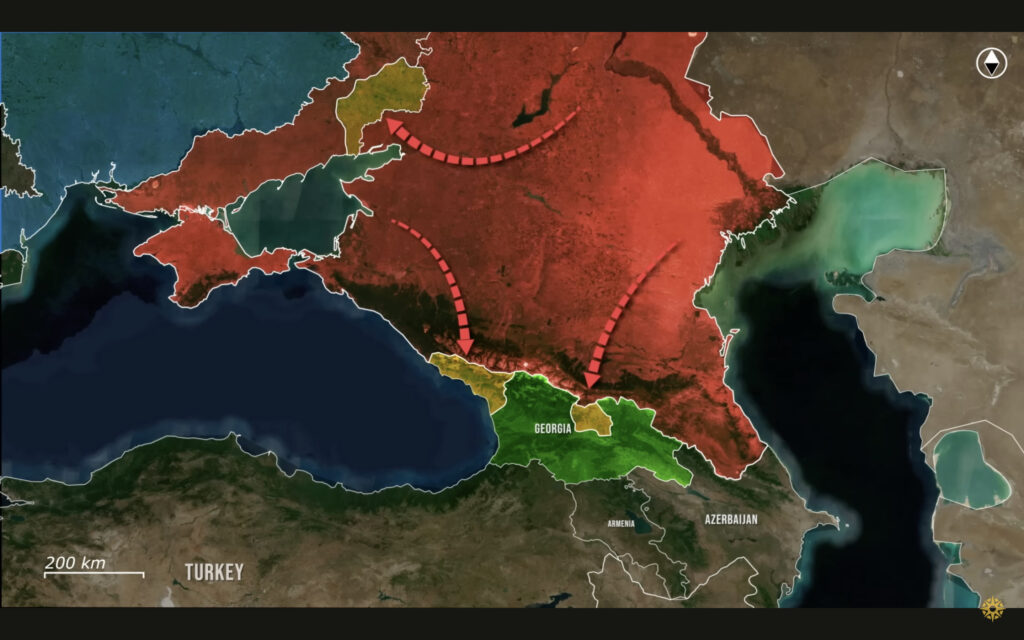
Russia has since used its position here to bully and threaten Georgia into submission, with over 54 documented cases of Russian soldiers continuously moving border posts, thereby annexing and splitting whole Georgian towns and communities, to name one example. This has resulted in a large resentment against Russia among the Georgians, and many do not want to stand idly by as Russia continues its war in Ukraine and threatens to do the same to their country.
As the goal of the military exercises is to enhance combat readiness specifically against a Russian threat, Ukraine’s participation in the NATO exercise is not insignificant, and many Russian analysts are concerned this could lead to a severe threat emerging from the south.
Ukraine’s over a decade-long experience in fighting the Russian army is a treasury of information for allied armed forces. Sharing Ukraine’s expertise in conducting and countering modern drone warfare with allies will allow Georgia to better prepare for any military or hybrid threat coming from the Russian Federation.
Additionally, Ukraine could easily equip Georgia with its drone technology and production expertise, providing the nation with all the necessary means to counter the Russian army in a direct conflict.
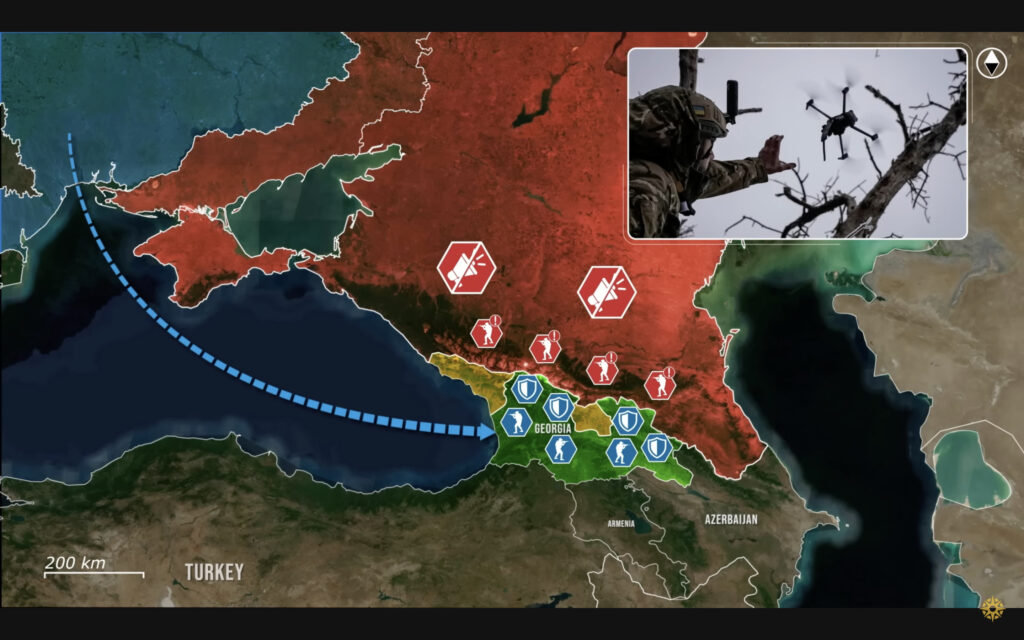
Essentially, Georgia’s proper preparation for a conflict with Russia means that the country is no longer an easy target for Russian expansion, should Russia attempt to maintain its influence through military means. Georgia could even choose to follow in the same footsteps as Syria and Azerbaijan, taking advantage of the Russian military being too preoccupied by the war in Ukraine to provide any kind of intervention.
Similar to how the Syrian rebels took advantage of Russian neglect to overthrow Assad’s regime, and how Azerbaijan won several wars and offensives against Russia’s former ally Armenia, Georgia may seek to implement its newfound tactics and technologies to retake the lost territories in the north.
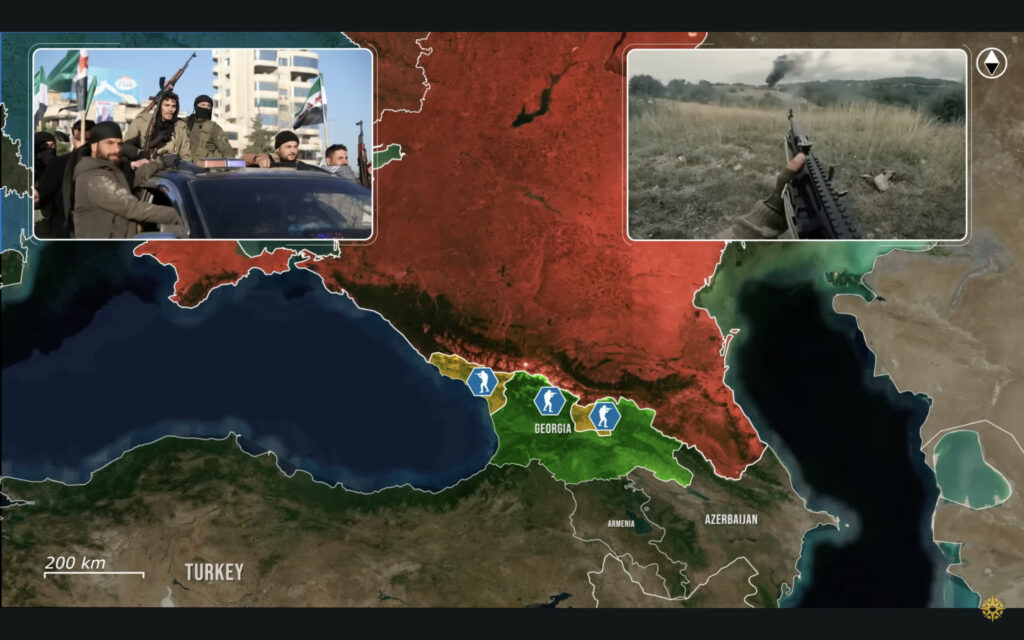
Militarily, Georgia would already have the capabilities to defeat both separatist regions in a one-on-one engagement, fielding sufficient manpower, armor, artillery, and air support to overrun the two regions. However, Ukrainian technological support and tactical experience would ensure that Georgia could retake its land, as well as hold its own if Russia were to manage a limited intervention, something Russian forces notably were not able to do in either Syria or against Azerbaijan.
Overall, Ukraine’s participation in this year’s Agile Spirit exercises promises to give Georgia the ability to independently stand up against Russian aggression. Learning from the extensive experience Ukraine has in fighting Russia, Georgia could possibly even retake separatist lands long used by Russia to maintain control over the Caucasus nation. With Georgia fearing it would befall the same fate as Ukraine, the strategically important nation has all the more reason to fight Russian aggression before Moscow can pull the trigger.
In our regular frontline report, we pair up with the military blogger Reporting from Ukraine to keep you informed about what is happening on the battlefield in the Russo-Ukrainian war.
